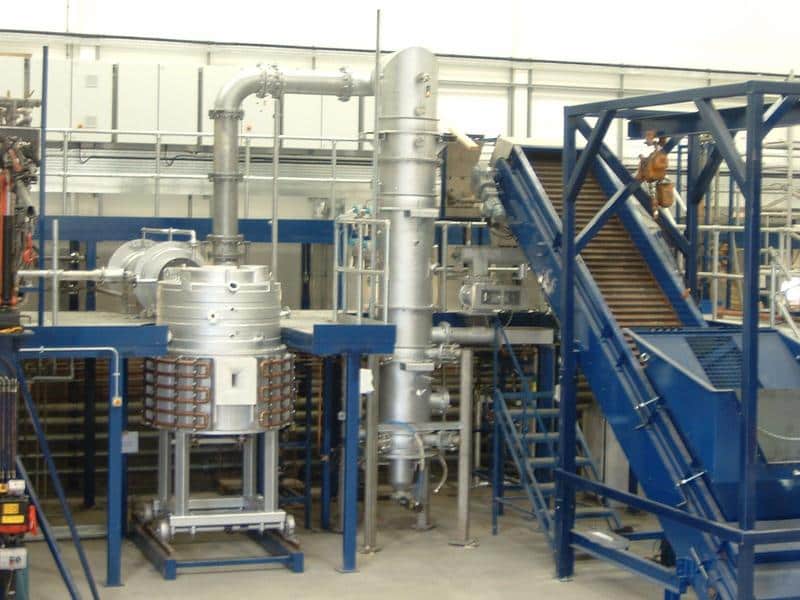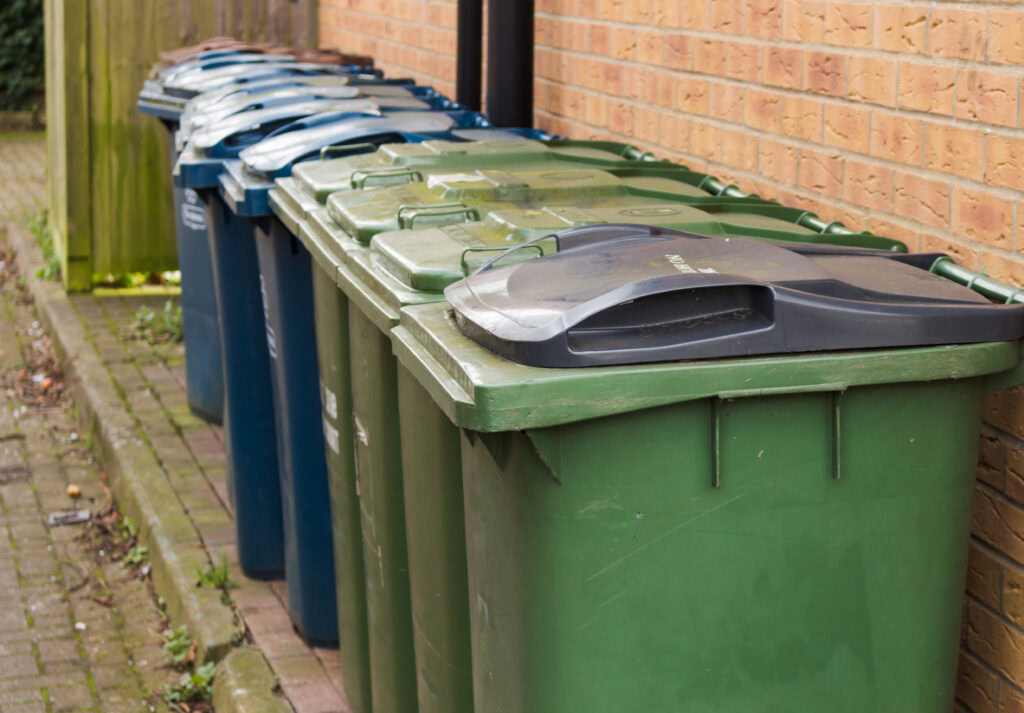The plant will use “gasplasma” technology which combines conventional fluidbed gasification and plasma technology and claims to convert over 99% of residual waste waste into a hydrogen rich gas for energy and an aggregate for recycling.
The technology was developed by London-based technology firm Tetronics before Advanced Plasma Power was set up to commercialise it in 2005.
Speaking to letsrecycle.com, company managing director Andrew Hamilton said: “We are hoping to sign up a 100,000 tonnes plant in the UK. We expect to reach financial close by the end of this year.”
He added: “We are in negotiations with local authorities and private companies at the moment to secure waste for the plant. We will build and operate the plant ourselves and charge gate fees.”
Process
Under the first stage of Advanced Plasma Power's process, waste is heated to 800 degrees Celsius in a starved air atmosphere, during which organic material is vaporised. This produces a syngas contaminated with char, soot and ash.
The second phase sees the gas treated by a plasma arc which converts the residual soot tars and chars into further syngas while simultaneously turning the ash into a glass-like, inert material, which can be easily recycled.
APP claimes that unlike with incineration, less than 1% of the process output is waste.
Although using plasma to treat municipal waste is relatively unproven in the UK, Mr Hamilton claimed there was “no significant technical risk” as the technology merely combined gasification technology proven in the coal industry with plasma technology already used to treat hazardous and clinical waste.
The technology has also been put to the test in countries such as Japan where it is used in drainage systems and to build roads, the company said.
Mr Hamilton said: “The technology is all tried and tested on a commercial scale and has been described by many as breakthrough technology. At our site in Swindon we also have a small plant that is just about finished commissioning and it is operating at the moment.”
Mr Hamilton explained that confidence in plasma waste treatment technology was also growing following the publication of a report by the Greater London Authority on greenhouse gas balances of waste management scenarios (see letsrecycle.com story).
In the report, gasification and plasma gasification scored highly with regards to their impact on climate change because of the potential to use the high hydrogen content of the gas they produced in energy-efficient hydrogen fuel cells.
Mr Hamilton said: “We can produce a very clean gas with a very high hydrogen content which could be used in hydrogen fuel cells in the future so this is a gateway technology.”









Subscribe for free